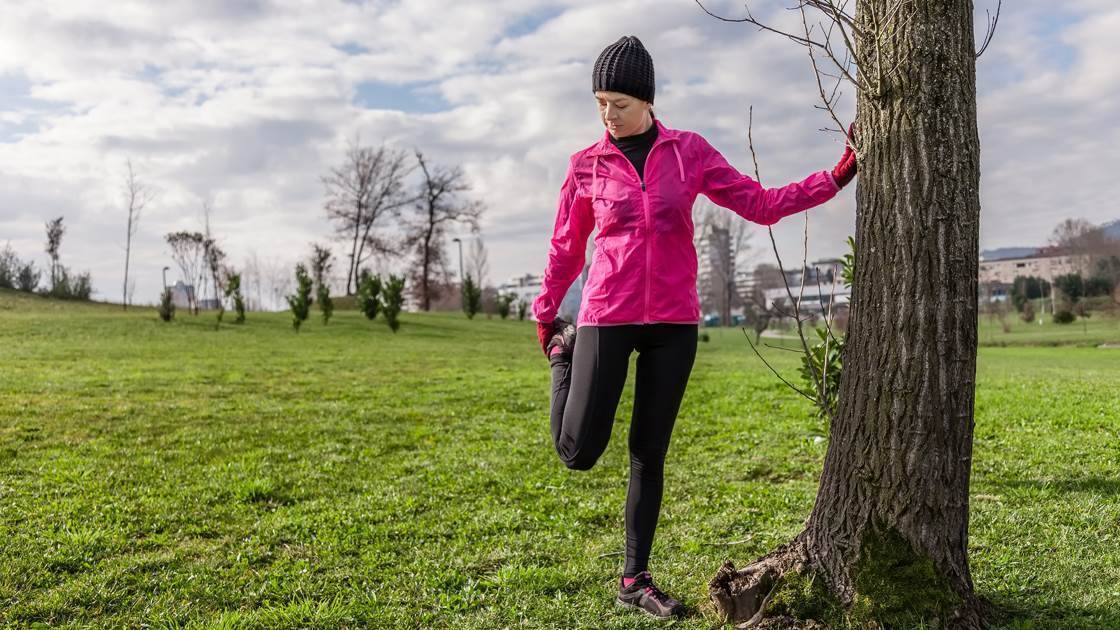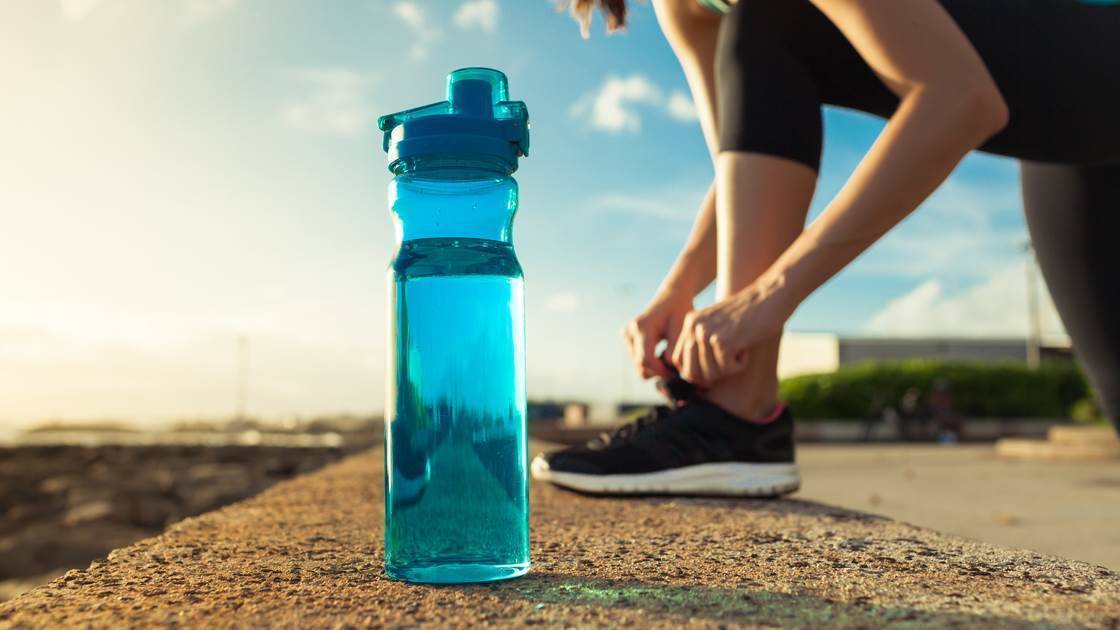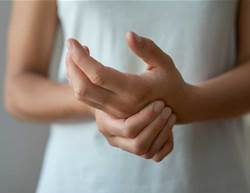You may be starting to feel that niggle in your knee or maybe opening jars is not quite as simple as it used to be. Try these simple changes to reduce inflammation and minimise the impact of arthritis on your body.





Increase Low Impact Exercise
Arthritis is commonly age associated, which means slightly more wear and tear, however, we can prevent the progression by adopting more low-impact sports. Exercise such as swimming, bike riding and yoga may be softer on joints than running or High-Intensity Interval Training.
US trials found that after 8 weeks of yoga, pain scores, energy levels, mood and physical function was improved by 20 per cent. It’s predicted that yoga contributes to stress management, allowing for more mindfulness yet simultaneously exercising the body within the limits of those with arthritis. It is also excellent for improving flexibility, coordination and balance which improves our cognitive as well as physical health.
Keep Warm
During the cooler months, joints may become aggravated by the cold, which is said to be due to changes in barometric pressure caused by atmospheric changes during cool winds, rain etc. To help protect the joints and stay warm, cover your head, wear woollen socks, gloves and layer up which can help trap heat.
If you like to exercise in winter, make sure you warm-up before heading out. Warming up the joints and muscles with targeted exercises like leg swings, squats, arm rotations will not only prepare your body for movement but contribute to the recovery. Heat packs and warm baths will also assist in supporting the joints after exercise.
Supplement
If you’re beginning to experience niggling pains associated with arthritis, you may want to try an anti-inflammatory supplement. Non-steroidal anti-inflammatories may impact gastrointestinal integrity but natural substitutes such as those containing curcumin or Rosehip. The rosehip fruit naturally contains vitamin: C,E,B1 & B6, minerals: zinc, magnesium and copper as well as omegas 3,6 & 9 which are well known for their anti-inflammatory properties. It is also a potent source of antioxidants which support the immune system and help fight free-radical damage caused by inflammation.
Keeping Weight in Check
The knees are a common site for joint inflammation, which is no surprise given they support so much of our body weight. As we approach our older years it’s not uncommon for the joints in our knees to experience loss of protein in the cartilage and an increase in water resulting in swelling and some cartilage loss. However, any additional weight or weight you know you want or need to lose may place additional unwanted stress to the area.
Staying Hydrated
Drinking water may be one of the most recommended health suggestions, however, there's usually always a good reason for its use. Between the joints is fluid which when we're well hydrated helps keep the area well lubricated. Other beverages are also useful, such as green tea containing polyphenols with strong anti-inflammatory properties. Red wine also contains resveratrol which is said to be anti-inflammatory, however, more than one glass and the alcohol becomes pro-inflammatory.










